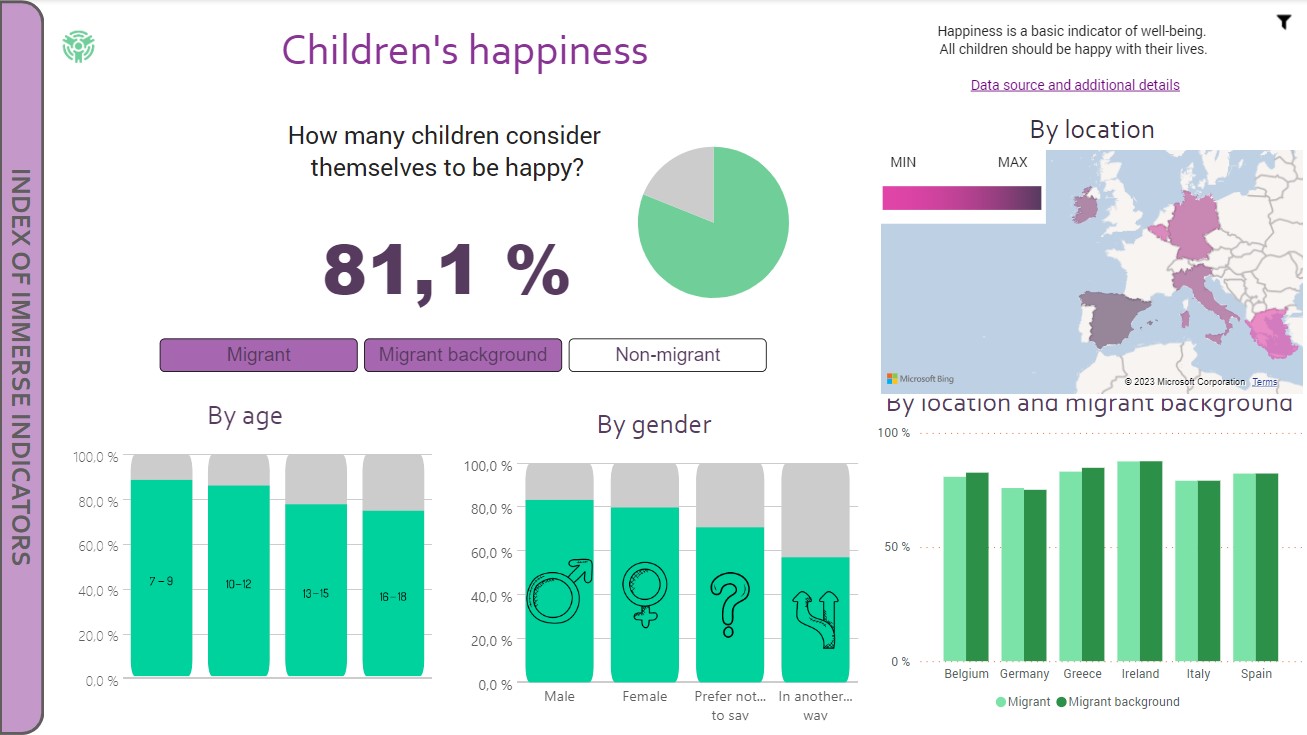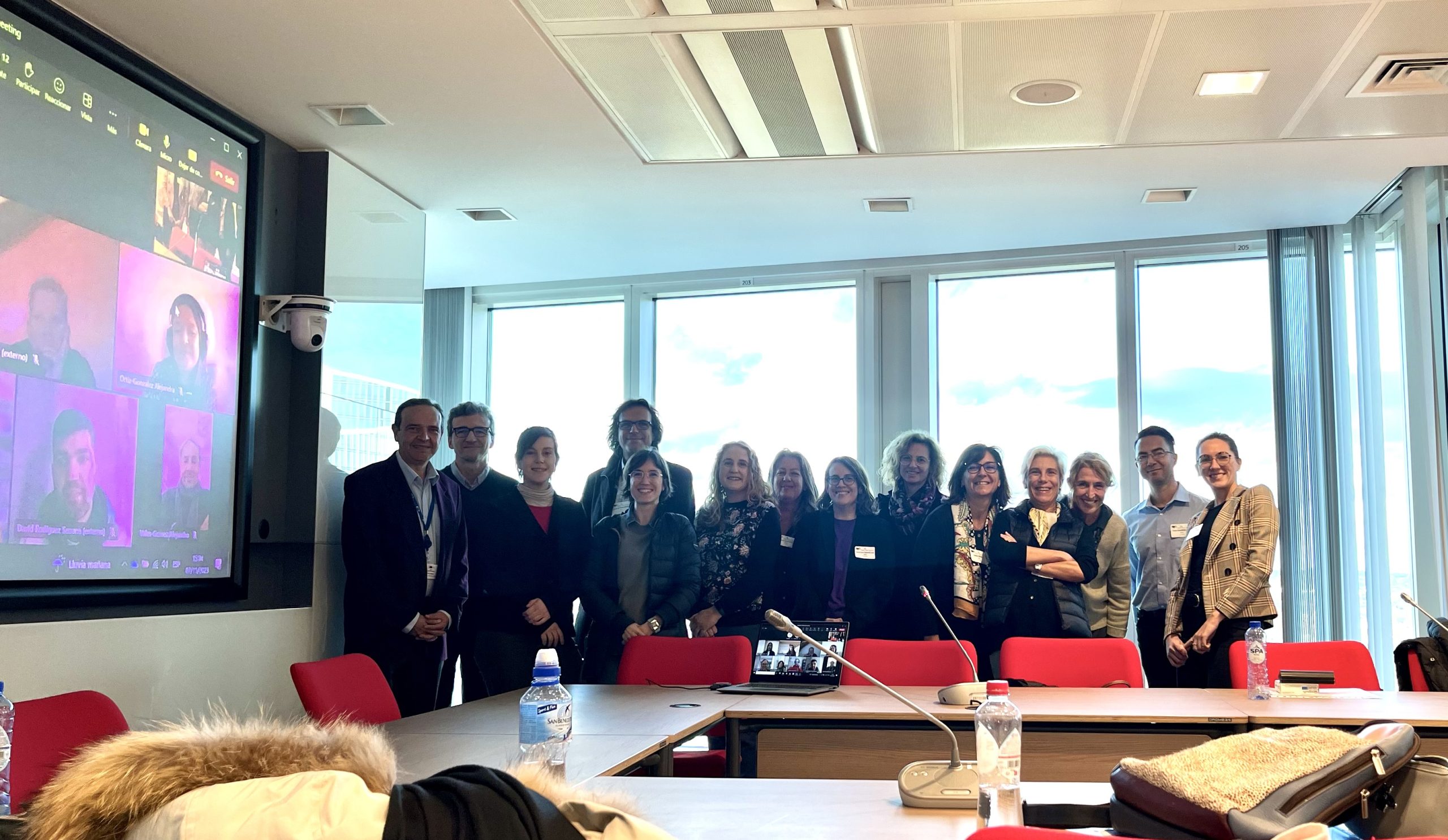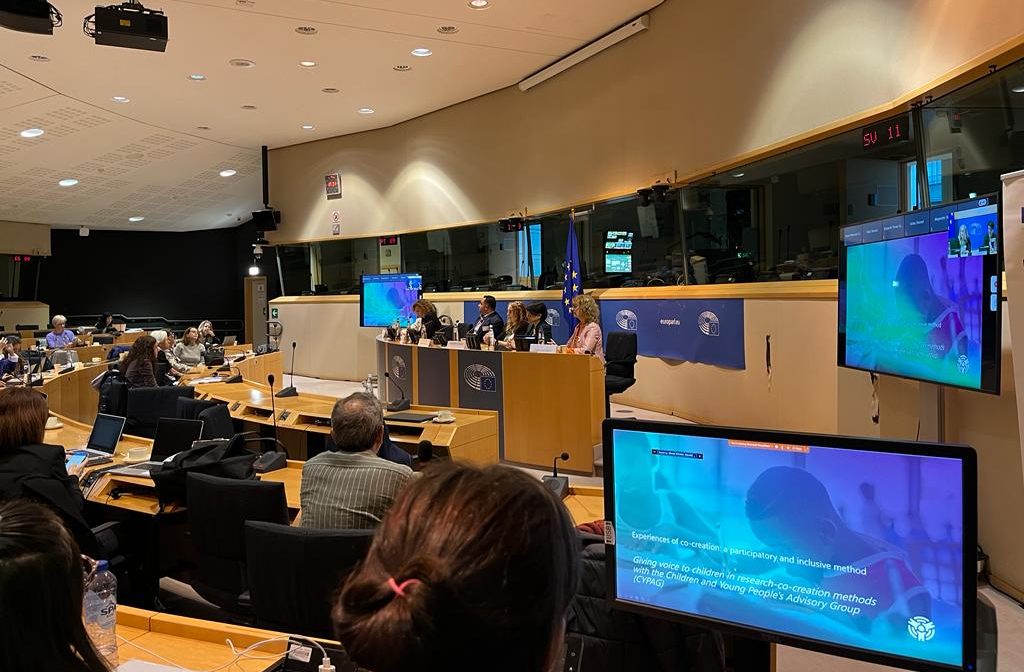Description
The project was created because more and more children are falling out of the formal systems. The streets become the main educational environment where they develop their identity with needed attitudes and skills in order to survive. Youth work is confronted with children in different street situations. Many NGO’s, citizen initiatives undertake a lot of action to connect with the children in the streets, to build trustworthy relationships. The project aimed to create a digital tool for personal case management within youth work in non-formal education. It was implemented from 01-09-2017 until 31-08-2018 in Greece, Belgium and Poland. The Coordinator of the project was the Mobile School VZW and the consortium consisted of ARSIS and PRAKSIS (Greece) and CME (Poland). In ARSIS and PRAKSIS, they work with Roma children, trafficked children in the city centre, refugee children in refugee camps and unaccompanied minors. CME works with children and youth who are working unregistered on the streets with the responsibility to sustain their families. It was a one-year Erasmus+ project granted by the European Commission.
- Children's life satisfaction / happiness
Evaluation ex post
Evaluation is not available. More information might be available on demand:
Mobile School VZW
Brabançonnestraat 25
3000 Leuven
Prov. Vlaams-Brabant
Projects’ deliverables
Deliverables are available at the following link.
https://ec.europa.eu/programmes/erasmus-plus/projects/eplus-project-details/#project/2017-2-BE05-KA205-002228
Reproducibility
The project aims to develop a sustainable way to disseminate the tool to youth workers in other European projects and all over the world, organising multipliers and sharing the tool with networks active in youth work.
Motivation for the submission
The project is relevant to the IMMERSE project because it investigated the type of indicators youth – and street workers keep track of within their case management systems. Through the questionnaire, the respondents were able to select their top six of most used indicators. Health and well-being, education, child’s personal details, self-esteem, living conditions and family details were the most popular ones.



